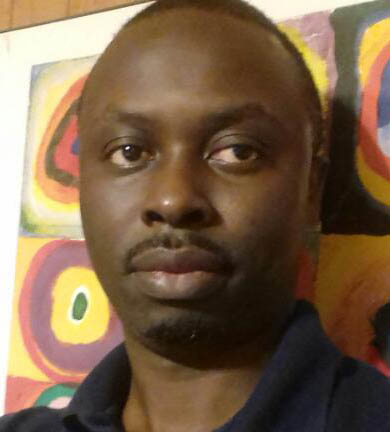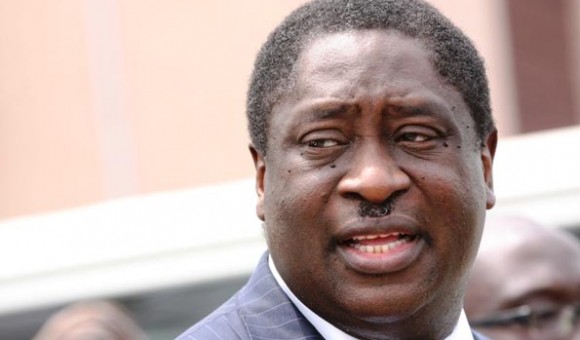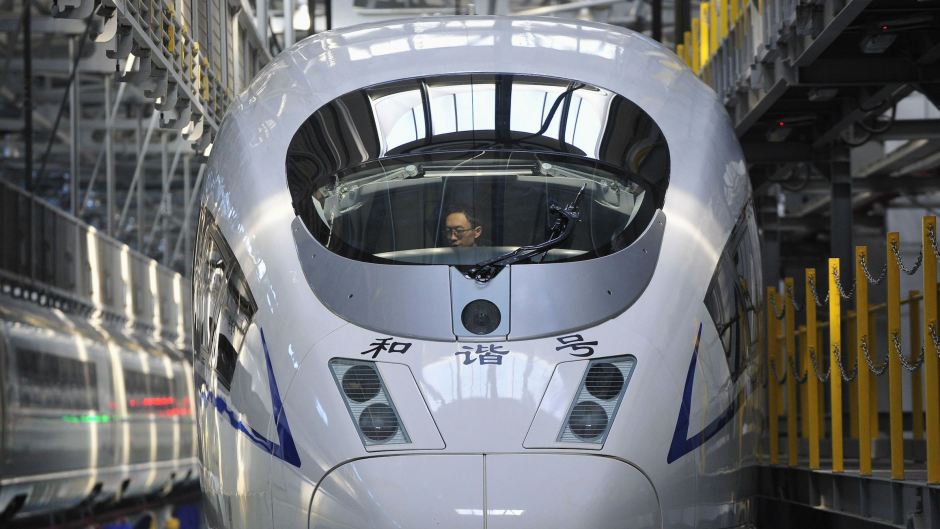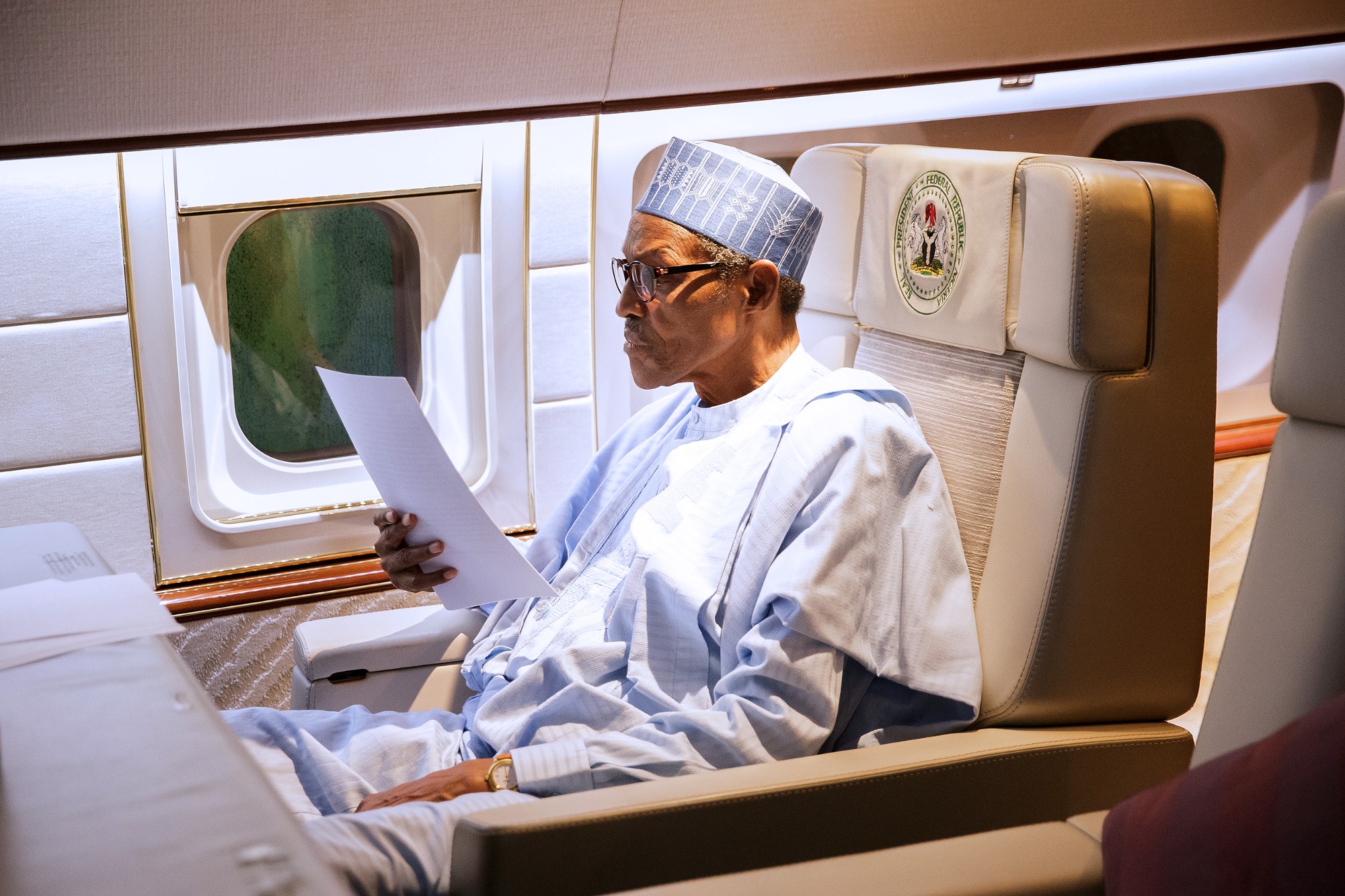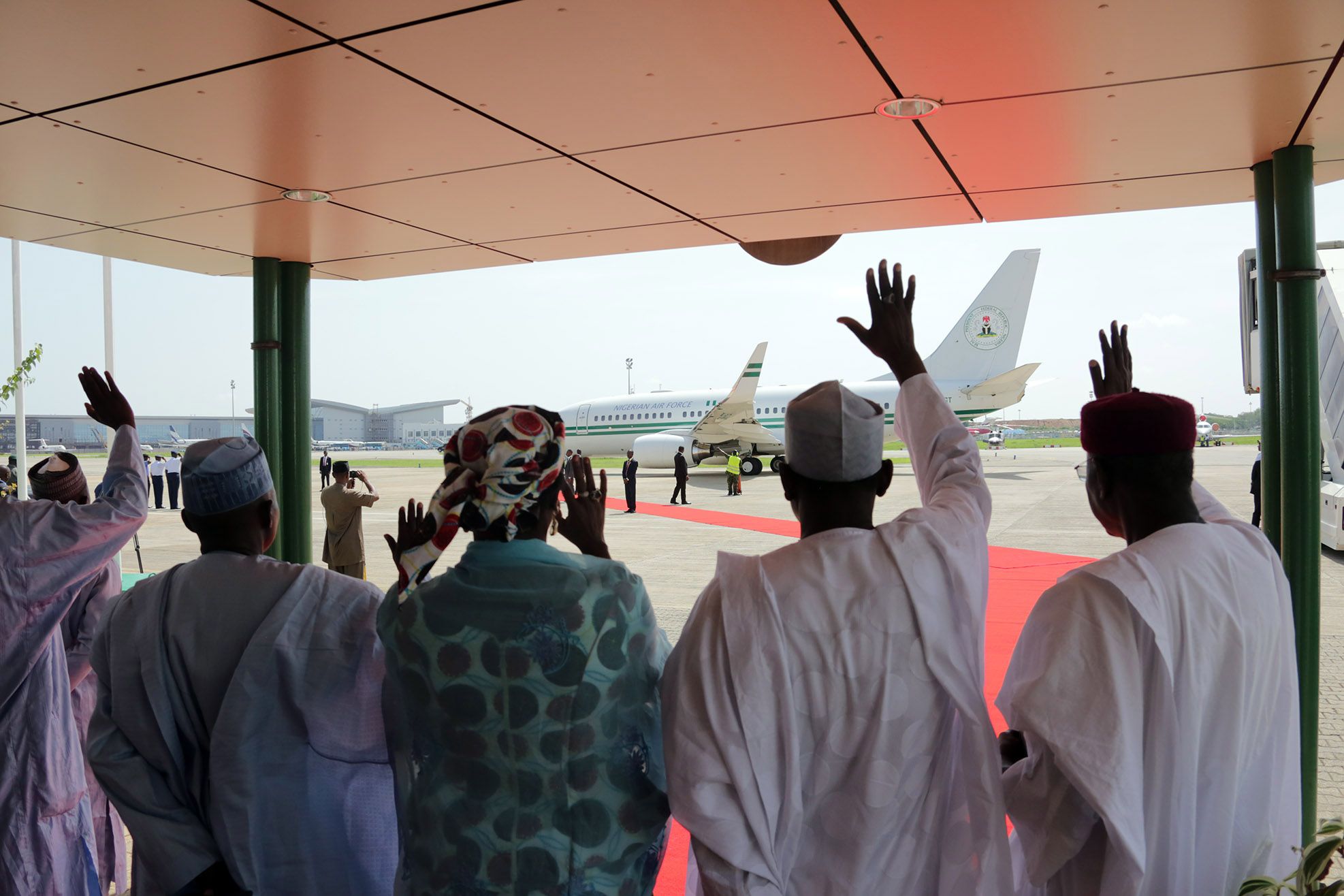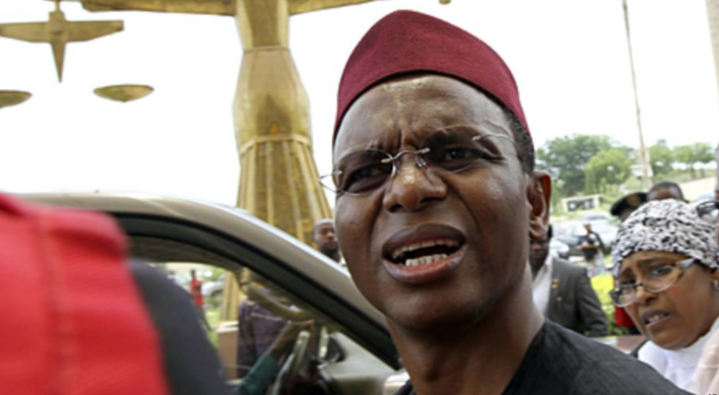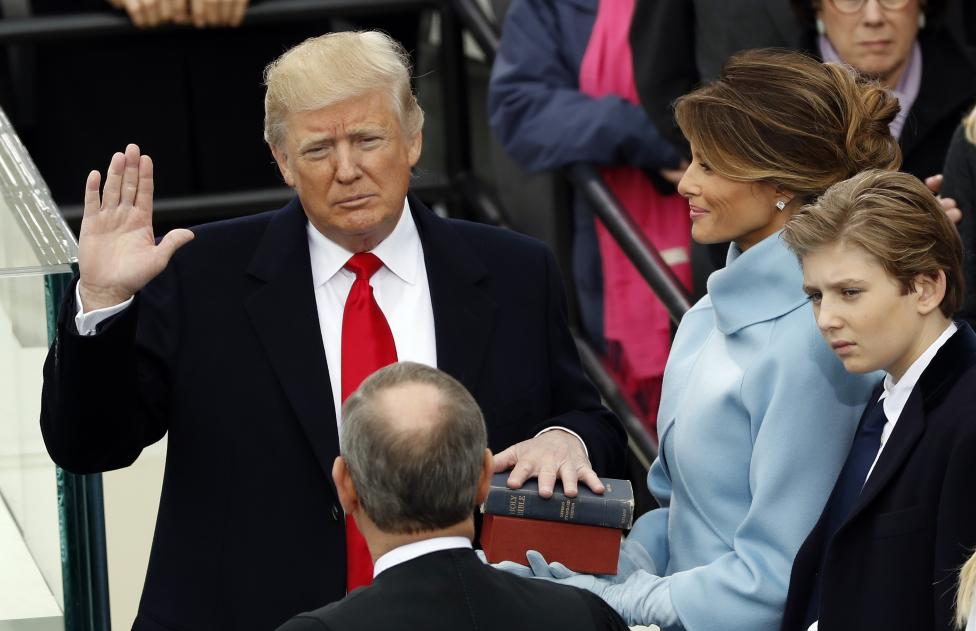I love statistics. They either break your heart or make you feel good.
But with many international reports I have had to review over the years either as a journalist looking to dig out something in government policy that people pay little attention to or as a social activist looking for something to elevate the content of a campaign, I have taken more interest in indicators.
Indicators are the predictors. They tell you why things are the way they are.
Last week, I spent time plowing through a number of reports by the World Economic Forum, and I concerned myself with index for Nigeria.
Advertisement
Unsurprisingly, one indicator I found says Nigeria is dragged down by an “inefficient use of talent.”
That phrase is what I find fit as subject line for this article.
A little over three years ago, in the company of my friend at The Nation, Olukorede Yishau, who won the 2015 Newspaper Columnist of the Year, I sat with Dr. Bolanle Olawale Babalakin at a corner of his office in Victoria Island.
Advertisement
For a digression, his team likes to call him BOB, but Nigerians know him simply as Wale Babalakin and these are the two names that hit the major newspaper headlines for any story around him.
No doubt, Babalakin is blessed with the gift of the gab, but our conversation three years ago was very focused.
Babalakin would not talk about Bi-Courtney, his company that has been in a locked down legal battle with the federal government over the reconstruction contract of the Lagos-Ibadan Expressway or how the then Lagos State Governor, Babatunde Fashola, suddenly stopped the redevelopment of the old Federal Secretariat in Ikoyi that his firm, Resort International, was granted a lease by the government to develop into a residential property in 2006.
This brilliant lawyer who carries the scars of injustice, but with resilience winning his many legal wars from one appeal to the other delighted himself in talking about how to make Nigeria great again—not same as the America’s Donald Trump slogan.
Advertisement
Quality education is at the heart of Babalakin’s dream for Nigeria.
Like many of his peers who went to universities around the same time, when he was an undergraduate law student at the University of Lagos, Nigeria had everything on the index as positive in education. From qualified teachers to quality education, from great elementary schools to outstanding universities, Nigeria had a parade of excellence in education.
The opportunities in the country after university education were so great such that Babalakin couldn’t wait in the United Kingdom, after he bagged his PhD from the University of Cambridge at the age of 26.
“Those opportunities have disappeared and the education has fallen, lying critically on its back, but we can bring it back to save the future of our country,” he said as he pointed his index finger in a direction over the metropolitan city of Lagos through his see-through window to show us where things were happening back in the days.
Advertisement
For most of the evening we spent together, the way Babalakin spoke about how a well-supported public school system can bring back Nigeria from the brink of total collapse of quality education makes me think Nigeria is under-performing by simply using this talent to bring solution only to labour crisis between the government and university teachers.
I don’t want to leave you in any kind of confusion. Babalakin, a Senior Advocate of Nigeria (SAN) and son of a former Justice of the Supreme Court who enjoyed commonwealth scholarship is currently leading a 16-member team of the federal government to renegotiate the 2009 agreement with unions in federal universities, federal polytechnics and federal colleges of education.
Advertisement
The government only looked out for Babalakin after ASUU returned to the trenches daring the government with ultimatum for a mother-of all strikes as they always say.
Eight years ago, when the government reached a dead-end situation with university teachers on labour issues, Babalakin was the same man at the negotiation table.
Advertisement
Surely, Babalakin is a sound negotiator by the very nature of his profession and experience, but his ambitious agenda of helping Nigeria to revamp its education from comatose level to one that we can all be proud of is what I think the government should hire Babalakin for.
Babalakin is widely credited as someone who changed the way pro-chancellors carry out their jobs at universities beyond the title to making significant contributions to university development for a great learning environment.
Advertisement
When he was appointed as the Pro-Chancellor and Chairman of Governing Council of the University of Maiduguri (UNIMAID) in 2009, Babalakin elevated UNIMAID by personally funded infrastructure that are critical for best performance of the students.
Yes. Babalakin’s fingerprints are all over UNIMAID. For instance a multi-million naira Independent Power Project, which guarantees 20 hours uninterrupted electricity supply to the institution, remains at the center of the progress being achieved by UNIMAID students today.
This is my appeal: let’s bring back the education sector through those who are willing to support public education system like Babalakin, because they know we had ebullient sixties and seventies that made everyone proud of Nigeria. Wole Olanipekun (SAN) and Hakeem Bello-Osagie are some other names that Nigeria needs to look out for to bring back public education system. For all you care, Bello-Osagie is giving “big, big,” money to Harvard, Yale, Oxford and others outside the shore of Nigeria.
Now, by coincidence, the first black African scholar to be appointed to the prestigious Rhodes Professorship in Race Relations at the University of Oxford, UK, since it was created more than 60 years ago, Adewale Adebanwi, is a Nigerian who experienced the ebullient sixties, seventies and eighties for education in Nigeria.
In a recent interview he granted TheCable, Nigeria’s independent online news, Adebanwi said: “when Nigeria had its priorities right, when Nigeria had universities in the real sense… The rest of the world came to learn from our universities. Things have been bad in Nigeria in recent decades, much worse than we often acknowledge.”
Can we use these talents efficiently to bring back education?
Follow me on twitter:@adeolaakinremi1
Views expressed by contributors are strictly personal and not of TheCable.
Add a comment
